crm系统有什么优缺点
-
CRM系统的优缺点
Customer Relationship Management(CRM)系统是一种管理客户关系的重要工具,通过对客户信息的记录、分析和管理,帮助企业更好地与客户互动,提升销售和服务质量。以下是CRM系统的优缺点:
优点:
1. 提升客户满意度和忠诚度:
- CRM系统能够跟踪客户互动历史,帮助企业更好地了解客户需求,提供个性化的服务,从而增加客户满意度和忠诚度。
2. 提高销售和营销效率:
- CRM系统可以自动化销售和营销流程,跟踪销售机会、客户互动,并及时响应客户需求,提高销售团队的工作效率。
3. 优化客户数据管理:
- CRM系统集中管理客户信息,降低数据输入错误的风险,保证数据的准确性和一致性,帮助企业更好地利用客户信息。
4. 数据分析和报告功能:
- CRM系统具有数据分析和报告功能,可以通过数据分析发现客户行为模式、市场趋势等信息,帮助企业制定营销策略。
5. 跨部门协作:
- CRM系统可以让不同部门之间共享客户信息和互动记录,促进跨部门协作,提升整体业务流程的效率。
缺点:
1. 需要大量时间和资源投入:
- 实施CRM系统需要大量的时间和资源投入,包括人力、财力等。对于一些中小企业来说,这可能是一个考虑因素。
2. 数据安全和隐私问题:
- CRM系统涉及大量客户数据,数据安全和隐私问题是企业需要注意的重要问题。一旦系统被攻击或泄露,会对企业声誉造成严重影响。
3. 需要员工接受培训:
- 引入CRM系统需要员工适应新的工作流程和系统操作,可能需要进行培训,这对于一些员工可能是一个挑战。
4. 系统定制和维护成本高:
- CRM系统需要根据企业的具体需求进行定制和维护,这会增加系统的成本和复杂性。
5. 难以评估ROI:
- 对于一些企业来说,难以准确评估CRM系统的投资回报率(ROI),这可能导致一些企业对系统价值的认知不足。
综上所述,CRM系统在提升客户关系、销售效率等方面有诸多优点,但引入CRM系统也需要考虑到资源投入、数据安全等方面的挑战。企业在选择和实施CRM系统时,应该根据自身情况权衡利弊,以及密切关注系统的后续维护和优化。
11个月前 -
Customer Relationship Management (CRM) systems are essential tools for businesses looking to effectively manage their interactions and relationships with customers. These systems are designed to help companies improve customer relationships, streamline processes, increase sales, and ultimately drive business growth. However, like any tool, CRM systems come with both advantages and disadvantages. In this article, we will discuss the advantages and disadvantages of CRM systems in detail so that you can make an informed decision about whether implementing a CRM system is the right choice for your business.
Advantages of CRM Systems:
-
Improved Customer Relationships: One of the primary benefits of CRM systems is the ability to centralize and organize customer data. By storing all customer information in one place, businesses can gain a comprehensive view of each customer, including their purchase history, preferences, and interactions with the company. This allows businesses to personalize their interactions with customers, provide better service, and build stronger relationships.
-
Increased Sales: CRM systems can help companies identify sales opportunities, manage leads, and track the sales pipeline effectively. By analyzing customer data and interactions, businesses can target the right customers with the right products or services, leading to increased sales and revenue.
-
Enhanced Marketing Campaigns: CRM systems provide valuable insights into customer behavior, preferences, and purchasing patterns. This data can be used to create targeted marketing campaigns that are more likely to resonate with customers and drive engagement. By segmenting customers based on their characteristics and behaviors, businesses can deliver personalized marketing messages that are more effective in generating leads and converting them into sales.
-
Streamlined Processes: CRM systems automate many manual tasks, such as data entry, lead management, and follow-up communications. This not only saves time and reduces the risk of human error but also ensures that no leads or opportunities fall through the cracks. By streamlining processes, businesses can operate more efficiently and focus their resources on high-value activities.
-
Improved Customer Service: CRM systems enable businesses to provide better customer service by giving employees access to up-to-date customer information, including past interactions and preferences. This allows employees to respond to customer inquiries more quickly and effectively, leading to higher levels of customer satisfaction and loyalty.
Disadvantages of CRM Systems:
-
Implementation Costs: Implementing a CRM system can be a significant investment for businesses, particularly for small and medium-sized enterprises. In addition to the cost of the software itself, businesses may need to invest in training, customization, and integration with existing systems, which can add to the overall cost of implementation.
-
Complexity: CRM systems can be complex and require time and effort to set up and customize to meet the specific needs of a business. Employees may require training to use the system effectively, and there may be a learning curve as employees adjust to new processes and workflows.
-
Data Quality Issues: The success of a CRM system relies on the accuracy and completeness of the data stored within it. If data is outdated, duplicate, or inaccurate, it can lead to poor decision-making and ineffective marketing campaigns. Maintaining data quality requires ongoing effort and vigilance to ensure that the system remains a valuable tool for the business.
-
Integration Challenges: Integrating a CRM system with existing systems and processes can be a complex and time-consuming process. Businesses may face challenges in aligning data formats, resolving data conflicts, and ensuring seamless communication between different systems. Failure to integrate the CRM system effectively can result in data silos and decrease the system's effectiveness.
-
Resistance to Adoption: Employees may resist using a CRM system if they perceive it as adding more work to their already busy schedules or if they do not see the value it provides. Resistance to adoption can hinder the success of a CRM implementation and prevent businesses from realizing the full benefits of the system.
In conclusion, CRM systems offer a wide range of benefits for businesses looking to improve customer relationships, increase sales, and streamline processes. However, it is important to carefully consider the disadvantages of CRM systems, such as implementation costs, complexity, data quality issues, integration challenges, and resistance to adoption, before deciding to invest in a CRM system. By understanding both the advantages and disadvantages of CRM systems, businesses can make informed decisions about whether implementing a CRM system is the right choice for their organization.
11个月前 -
-
CRM系统是一种管理客户关系的软件工具,可以帮助企业更好地理解和与客户进行互动。下面是CRM系统的优缺点:
优点:
-
提升客户关系管理效率:CRM系统可以帮助企业集中管理客户信息、互动记录和销售数据等,使团队成员可以更方便地获得客户信息,提高工作效率。
-
提高客户满意度:通过CRM系统,企业可以更深入地了解客户需求和偏好,精准推送个性化的服务和产品,从而提高客户满意度,增加客户忠诚度。
-
促进销售增长:CRM系统可以帮助企业更好地跟进销售机会,制定有效的销售策略,提高销售团队的工作效率和成交率,进而促进销售增长。
-
数据分析决策:CRM系统能够帮助企业收集、整理并分析客户数据,帮助企业洞察市场趋势和客户行为,为企业管理层制定决策提供重要参考。
-
管理团队协作:CRM系统可以实现团队协作和信息共享,提高员工之间的沟通效率,避免信息孤岛,促进团队合作,提高工作效率。
缺点:
-
需要专业的部署和培训:CRM系统的部署和使用需要专业知识,企业需要投入一定的资源进行系统部署、配置和培训,加大了实施的难度和成本。
-
数据安全和隐私问题:CRM系统存储大量客户信息和交易数据,一旦系统被攻破,企业面临信息泄露和隐私风险,需要加强数据安全管理和风险控制。
-
用户接受度不高:部分员工可能对新系统的接受度不高,担心增加工作负担或改变原有工作习惯,需要企业提供足够的培训和支持。
-
需要持续维护和升级:CRM系统需要持续维护和更新,及时修复bug和升级系统功能,需要企业投入一定的人力和财力资源。
-
非全能解决方案:CRM系统虽然在客户关系管理方面有很多优势,但并不能解决所有问题,企业在使用时需要结合实际情况,灵活应用系统功能。
11个月前 -



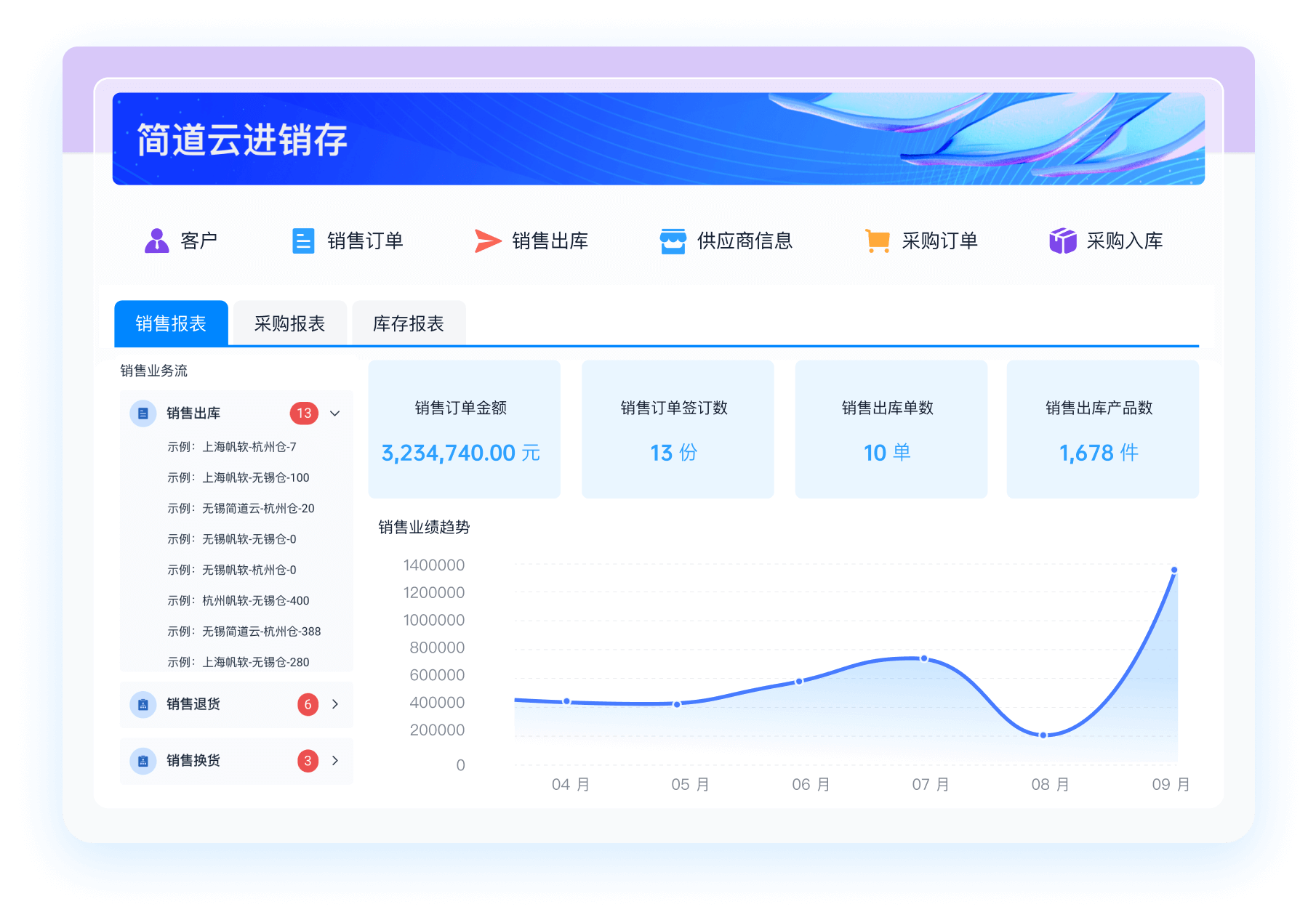
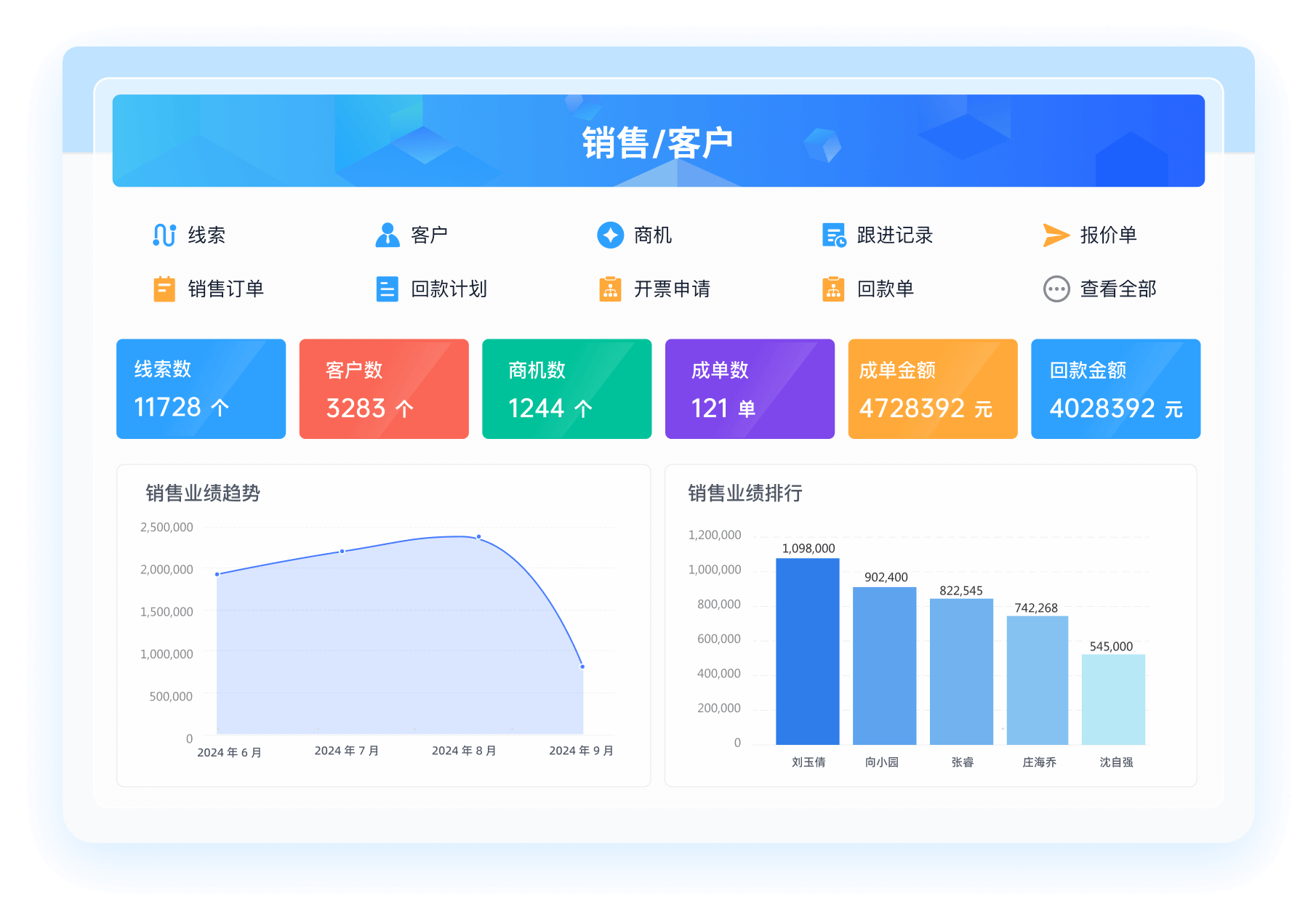
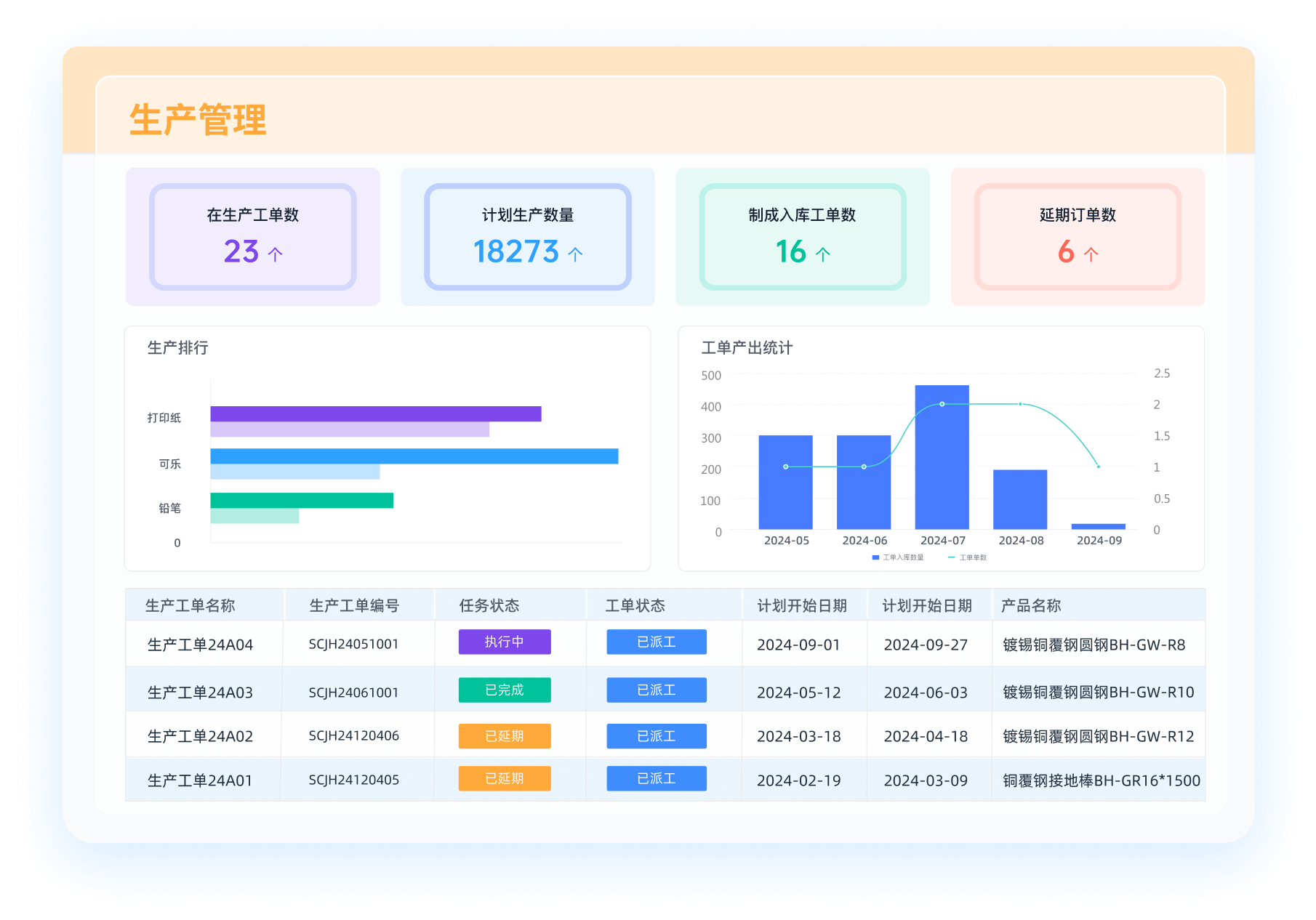
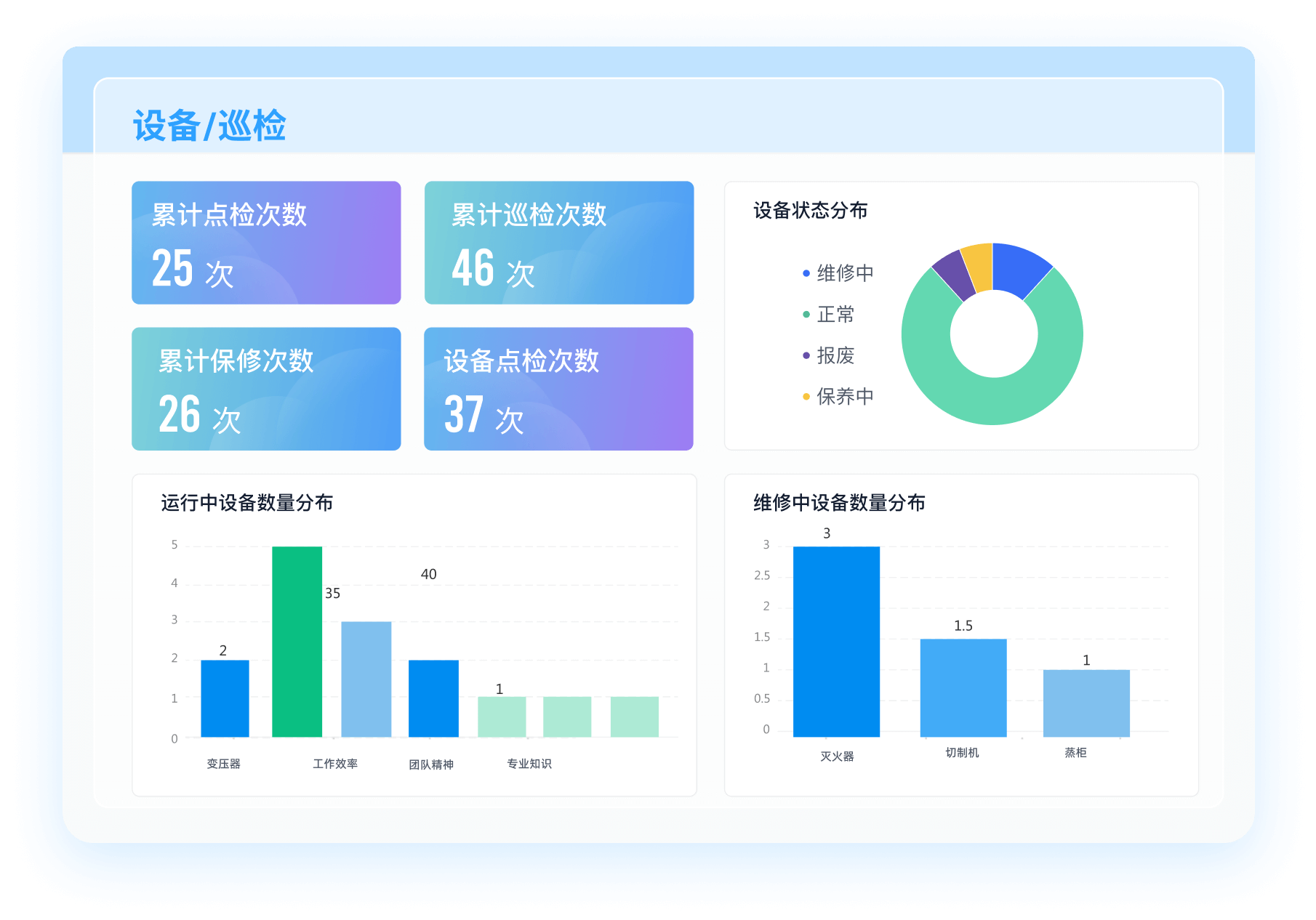
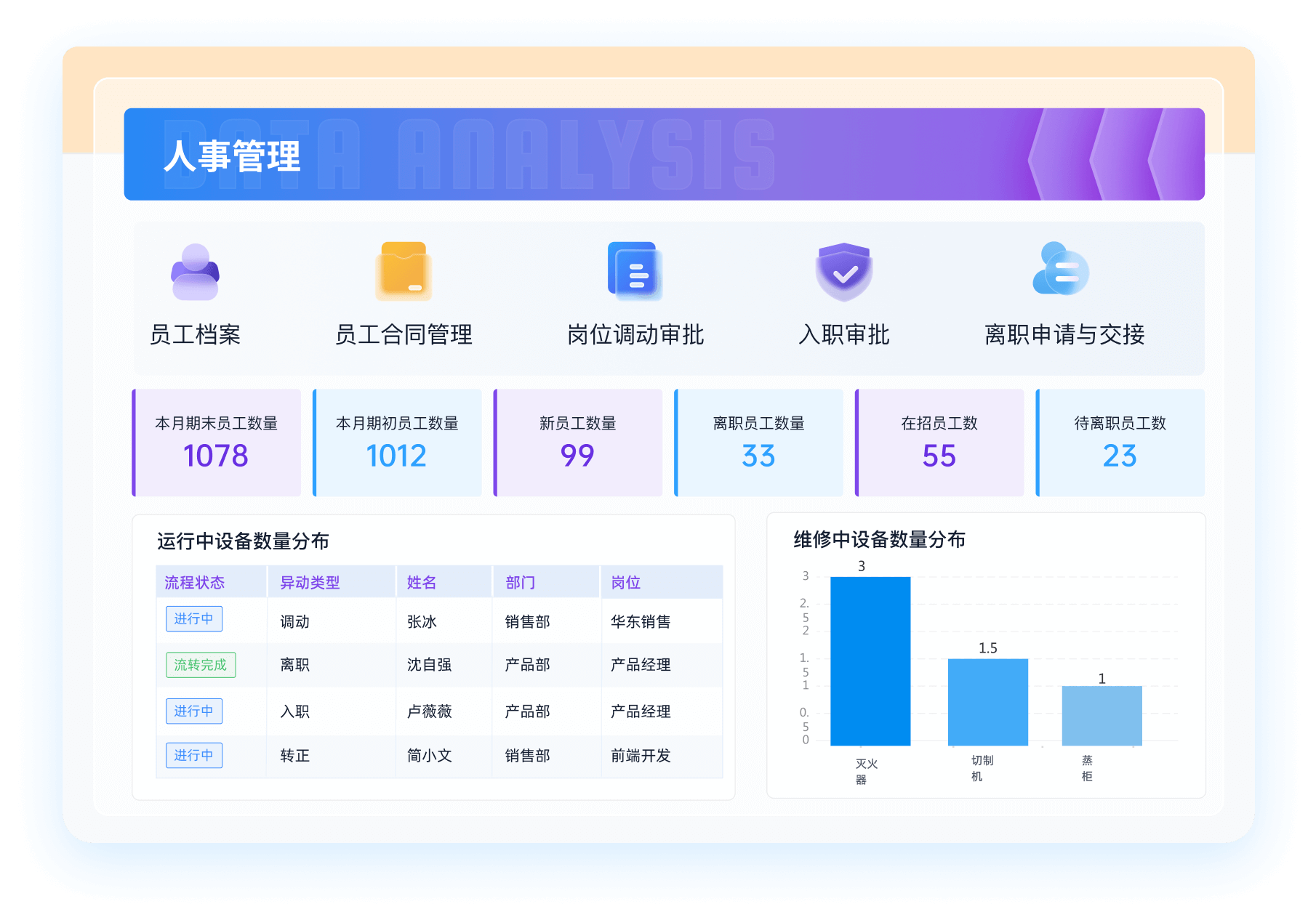
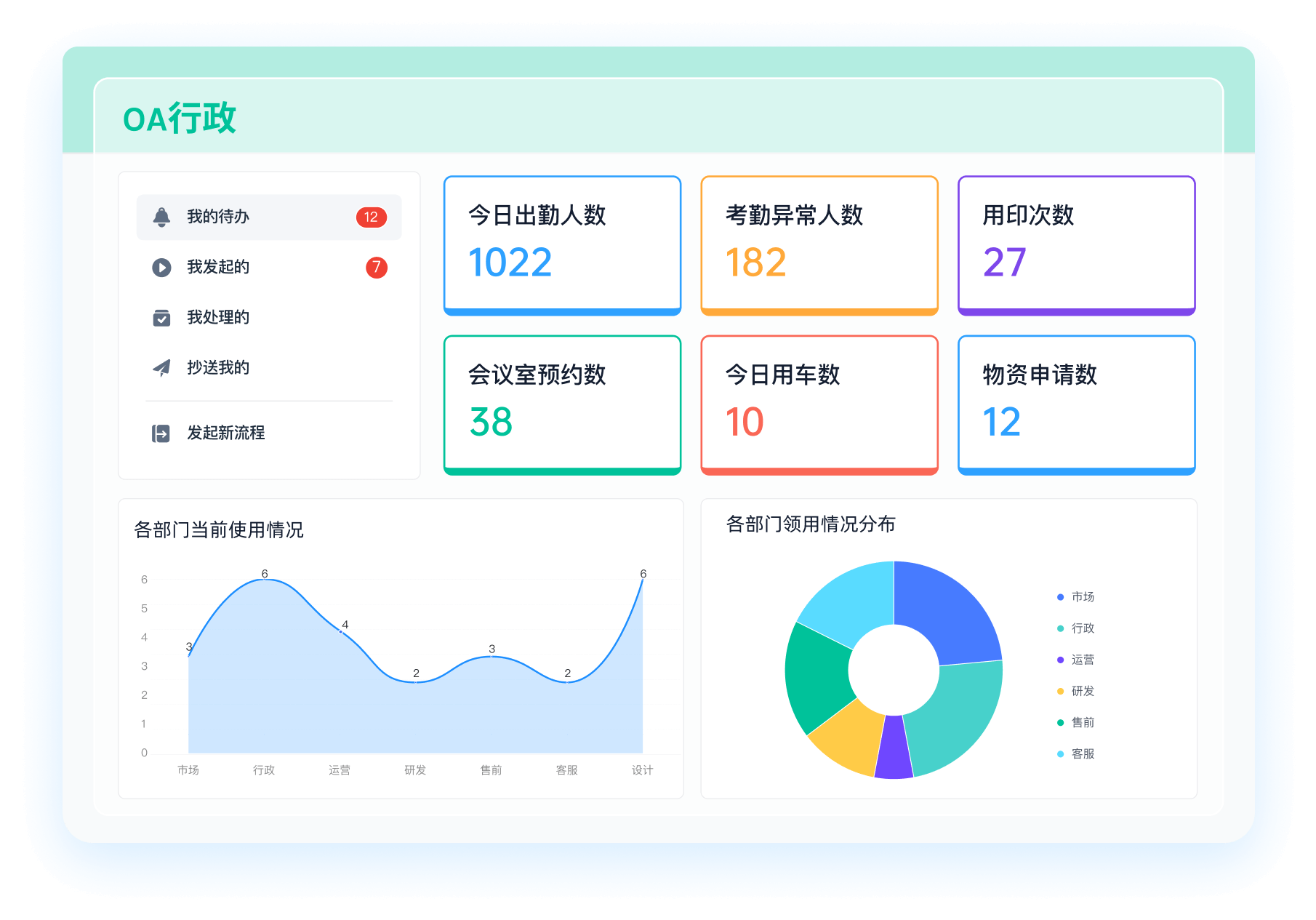
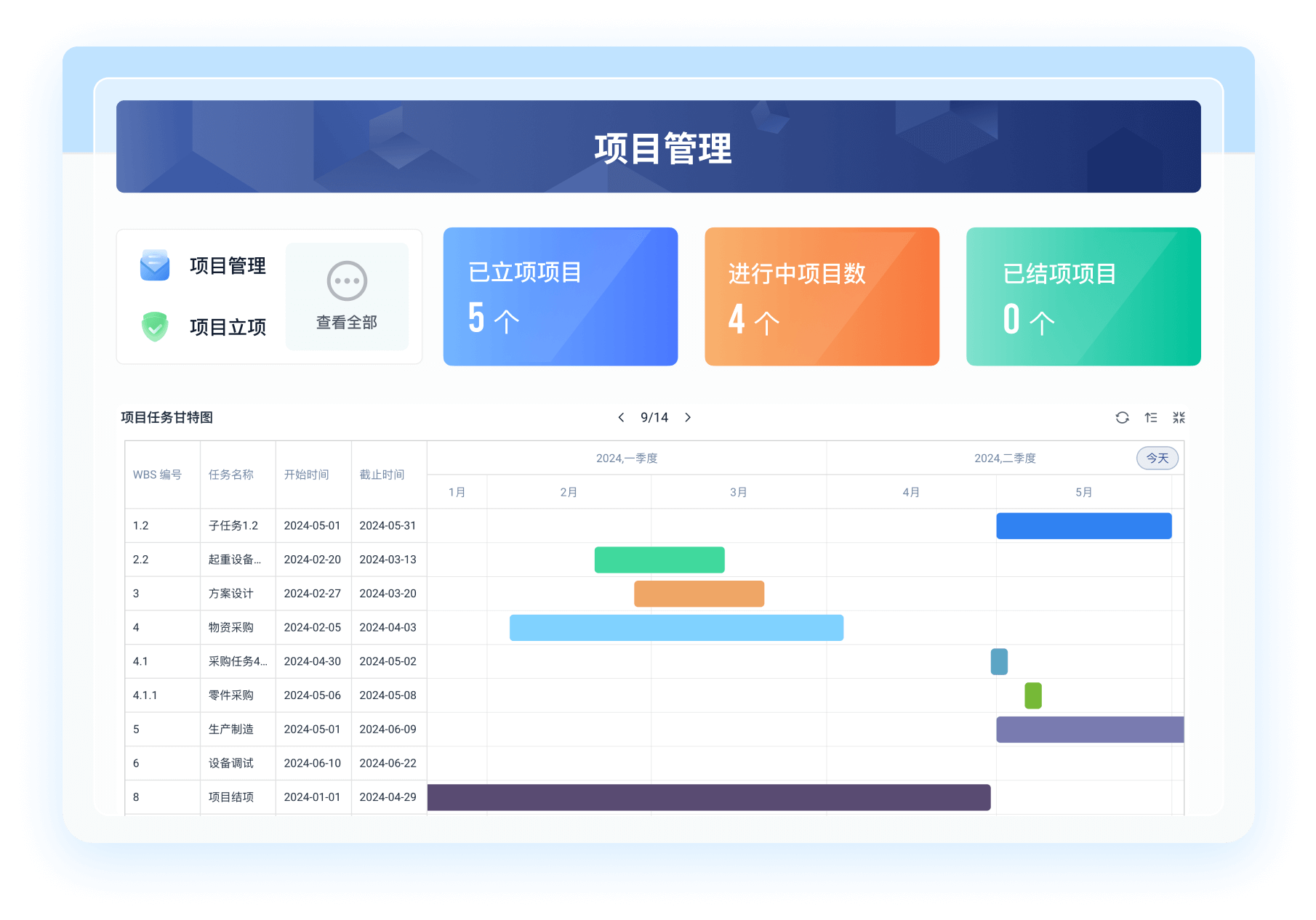
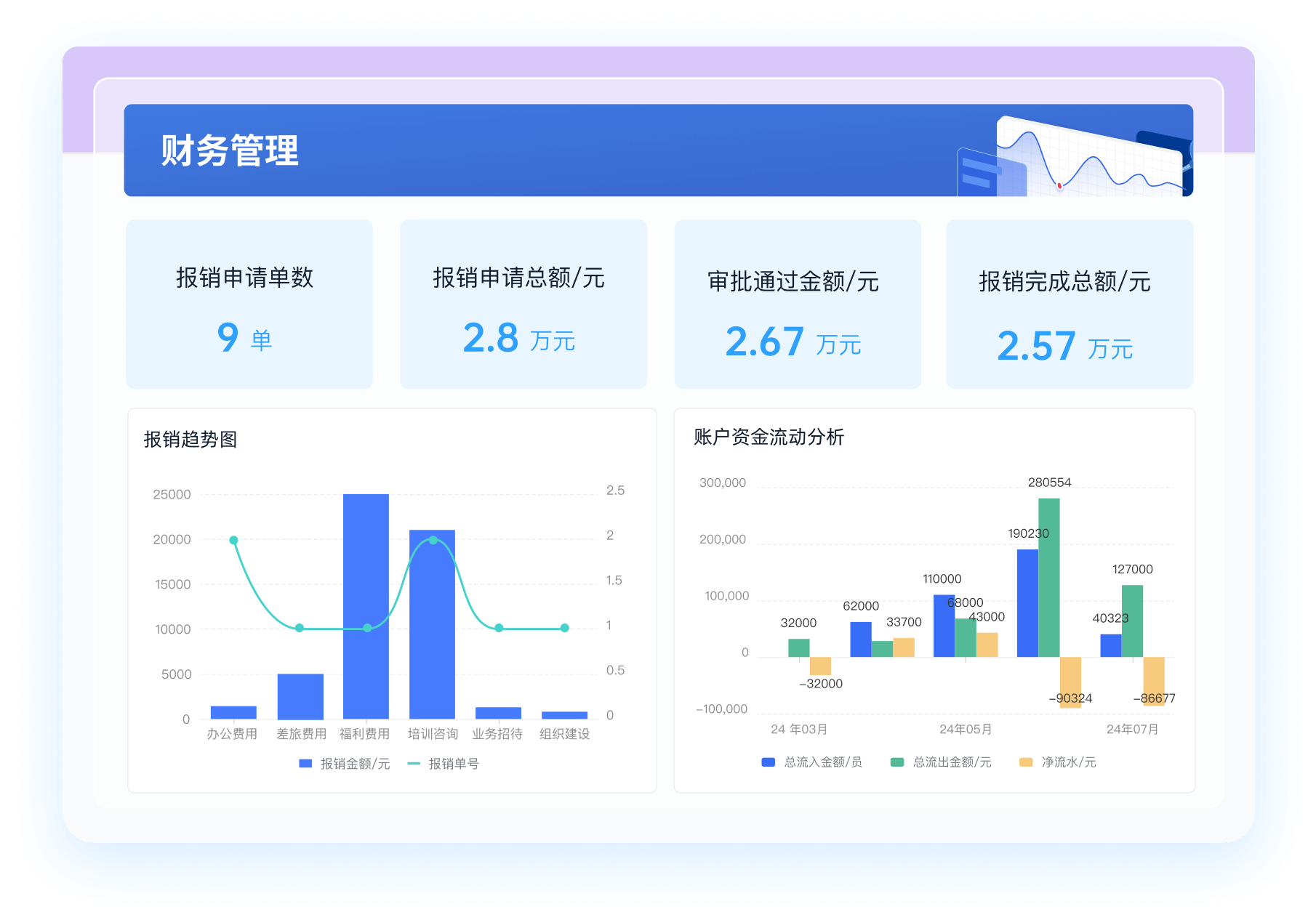
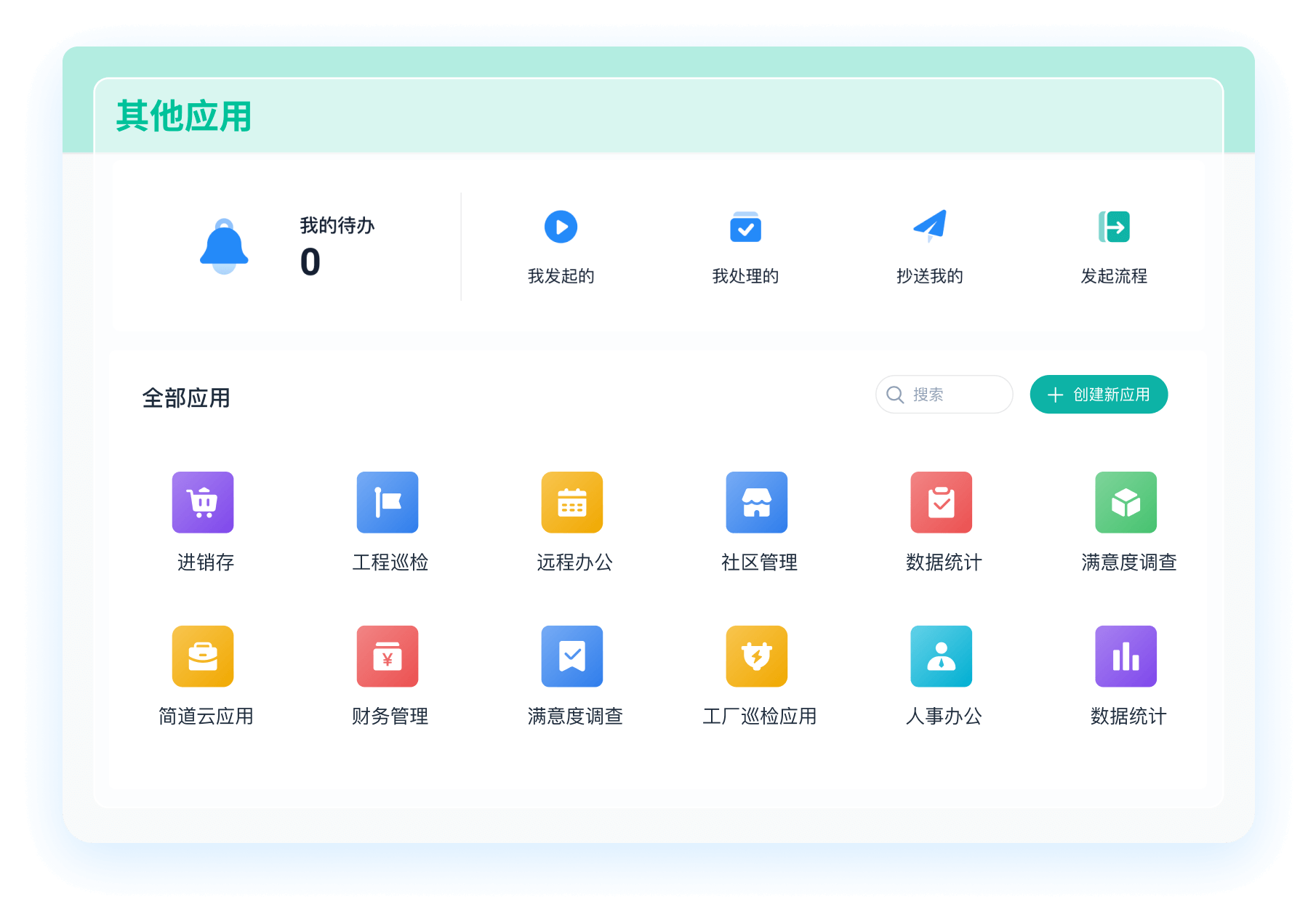
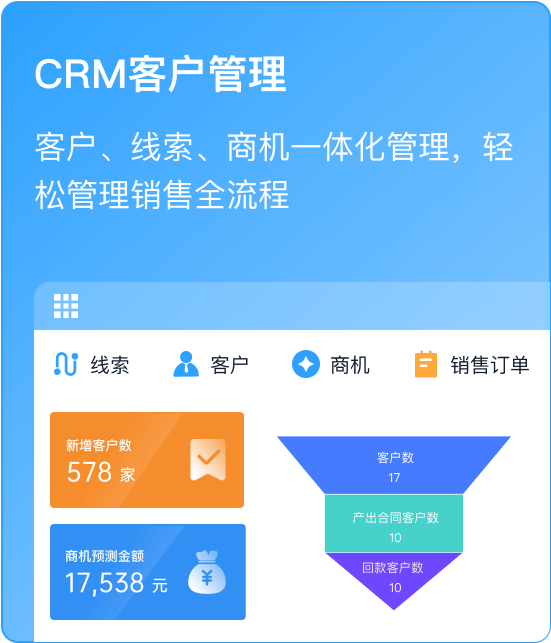

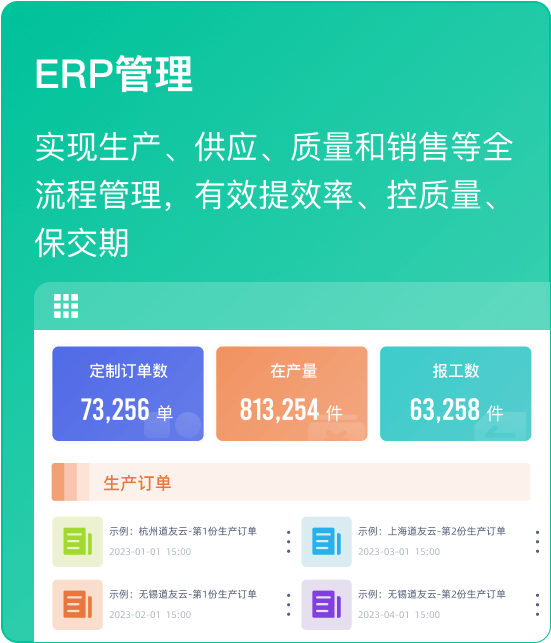
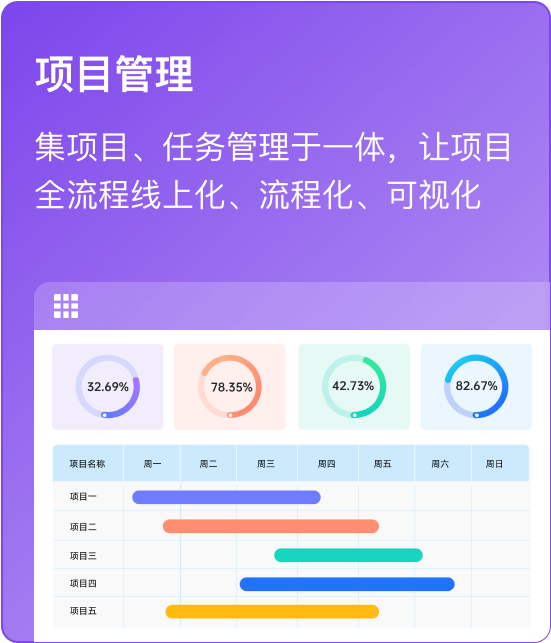
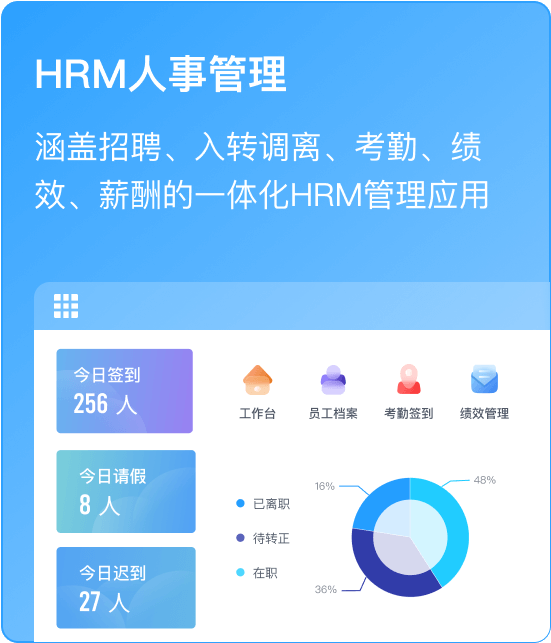
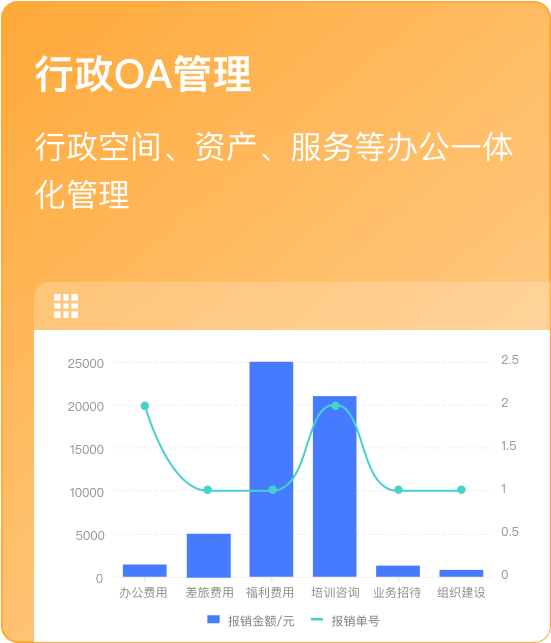

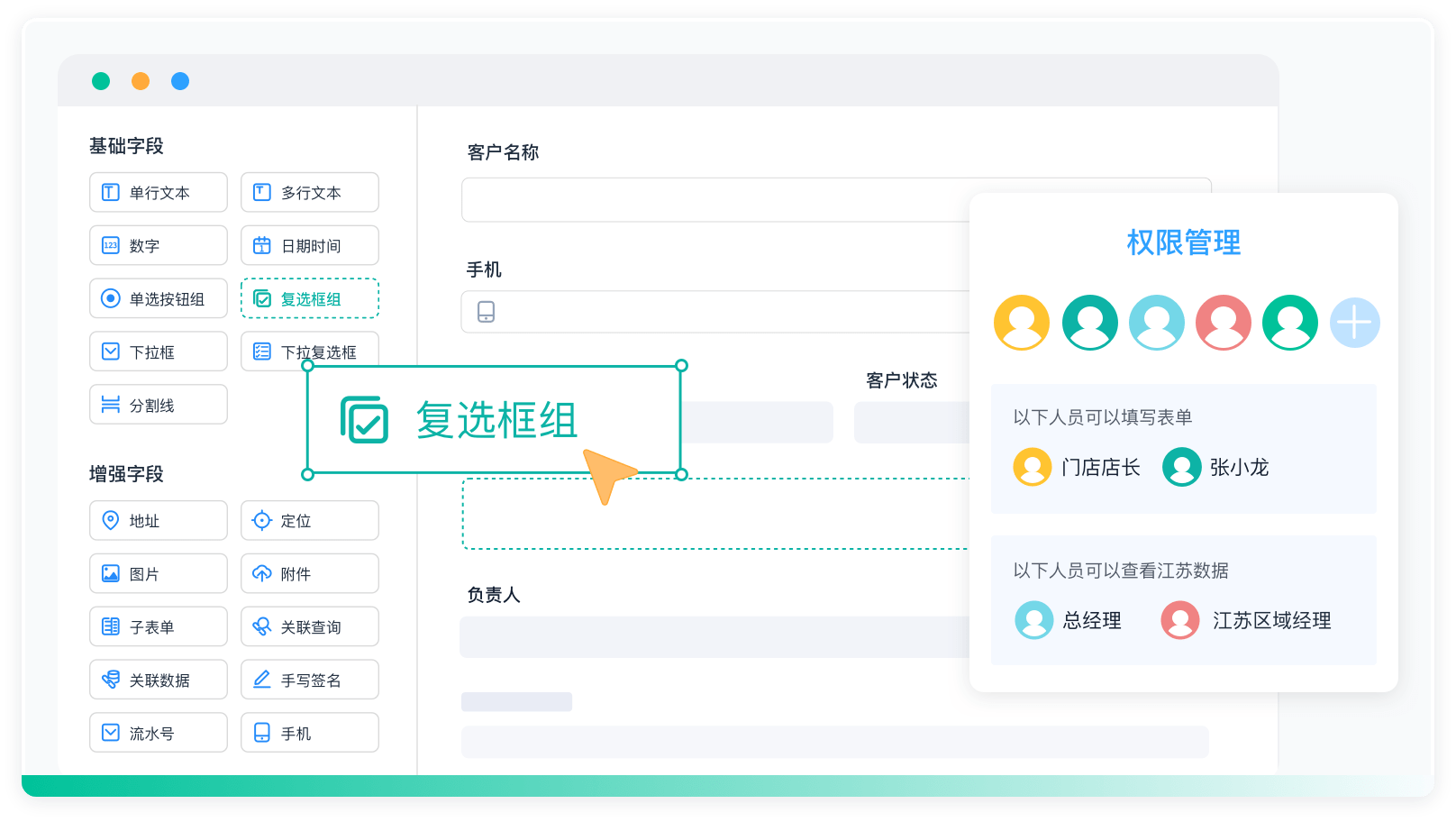
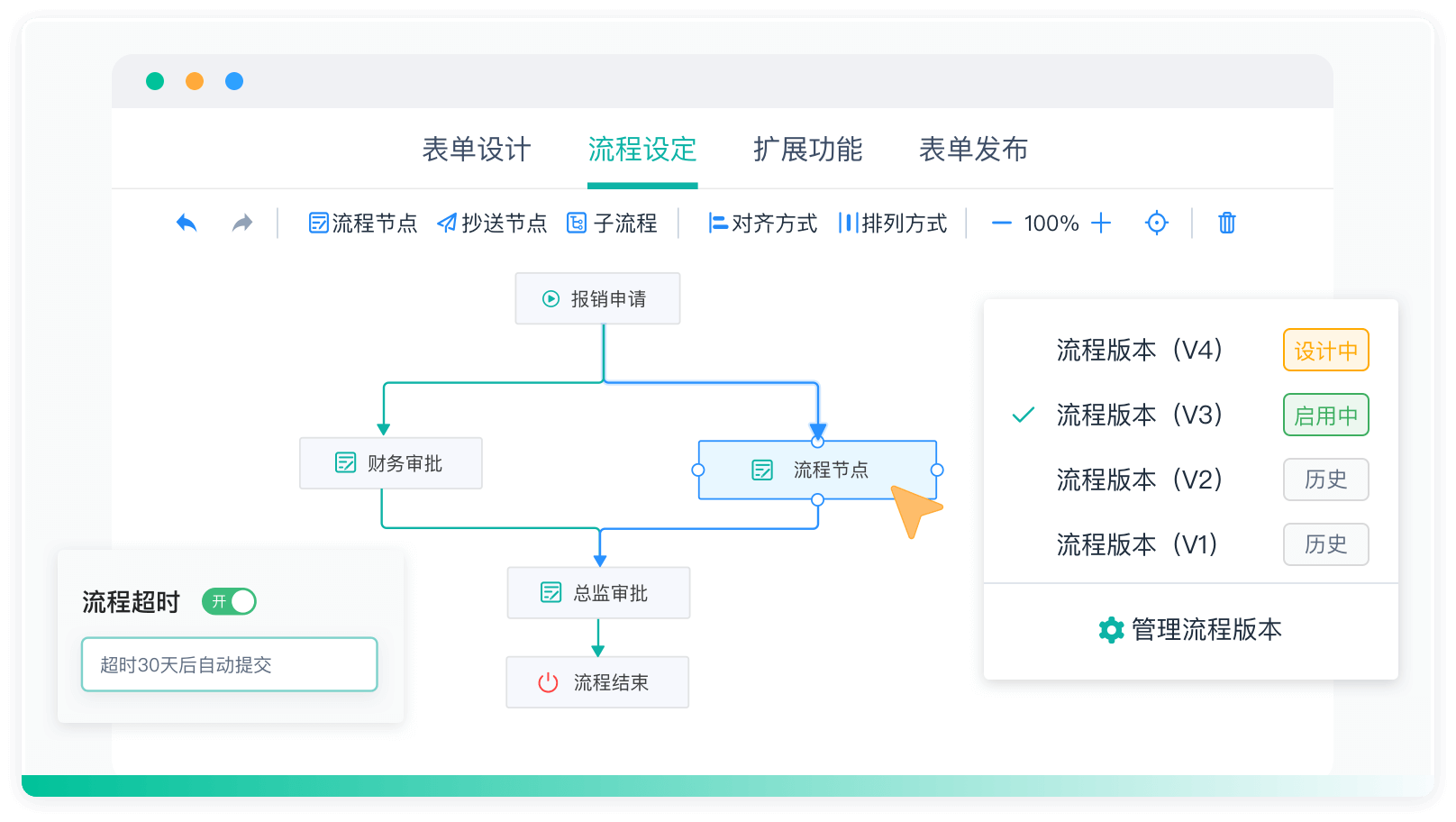
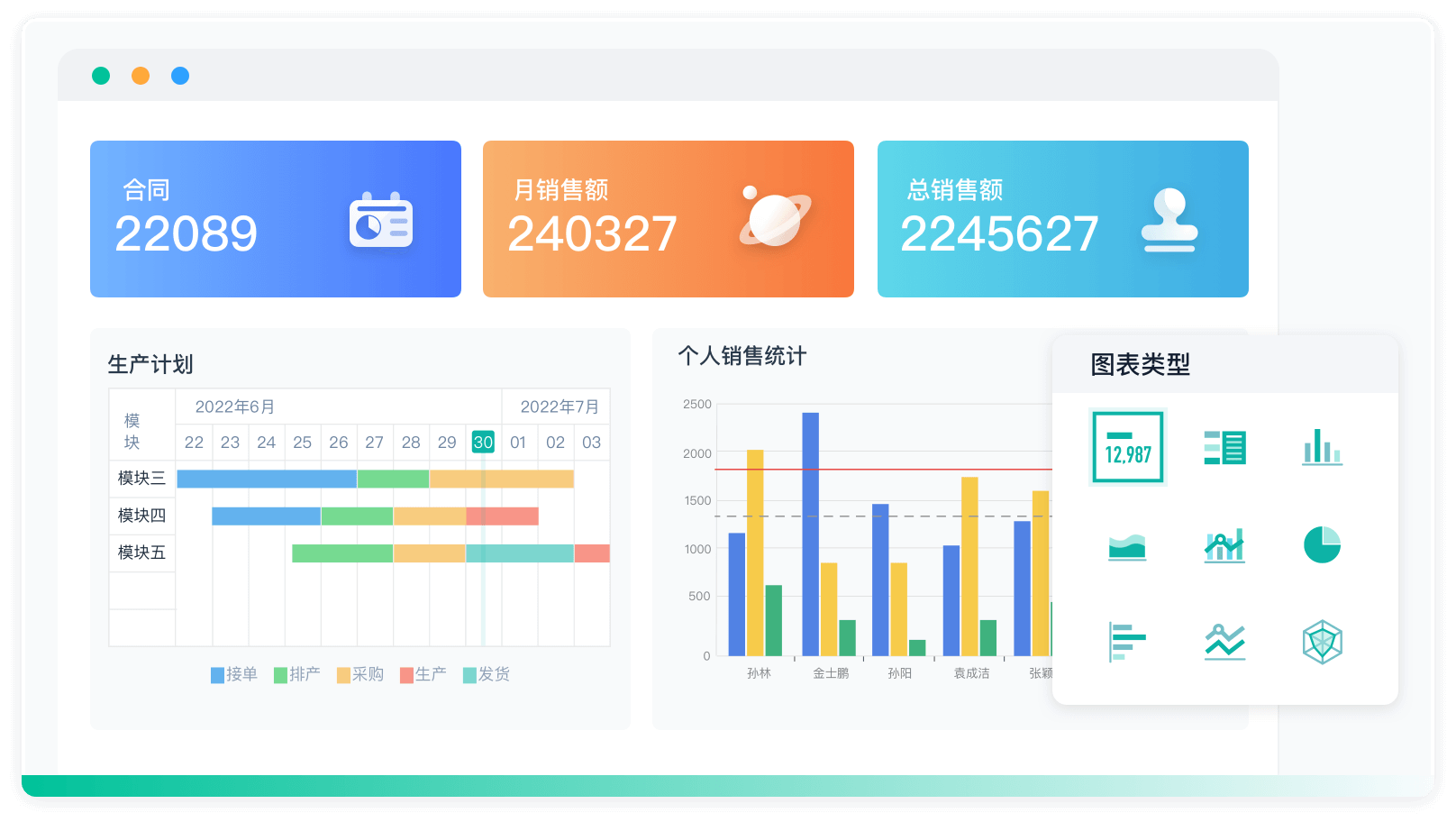
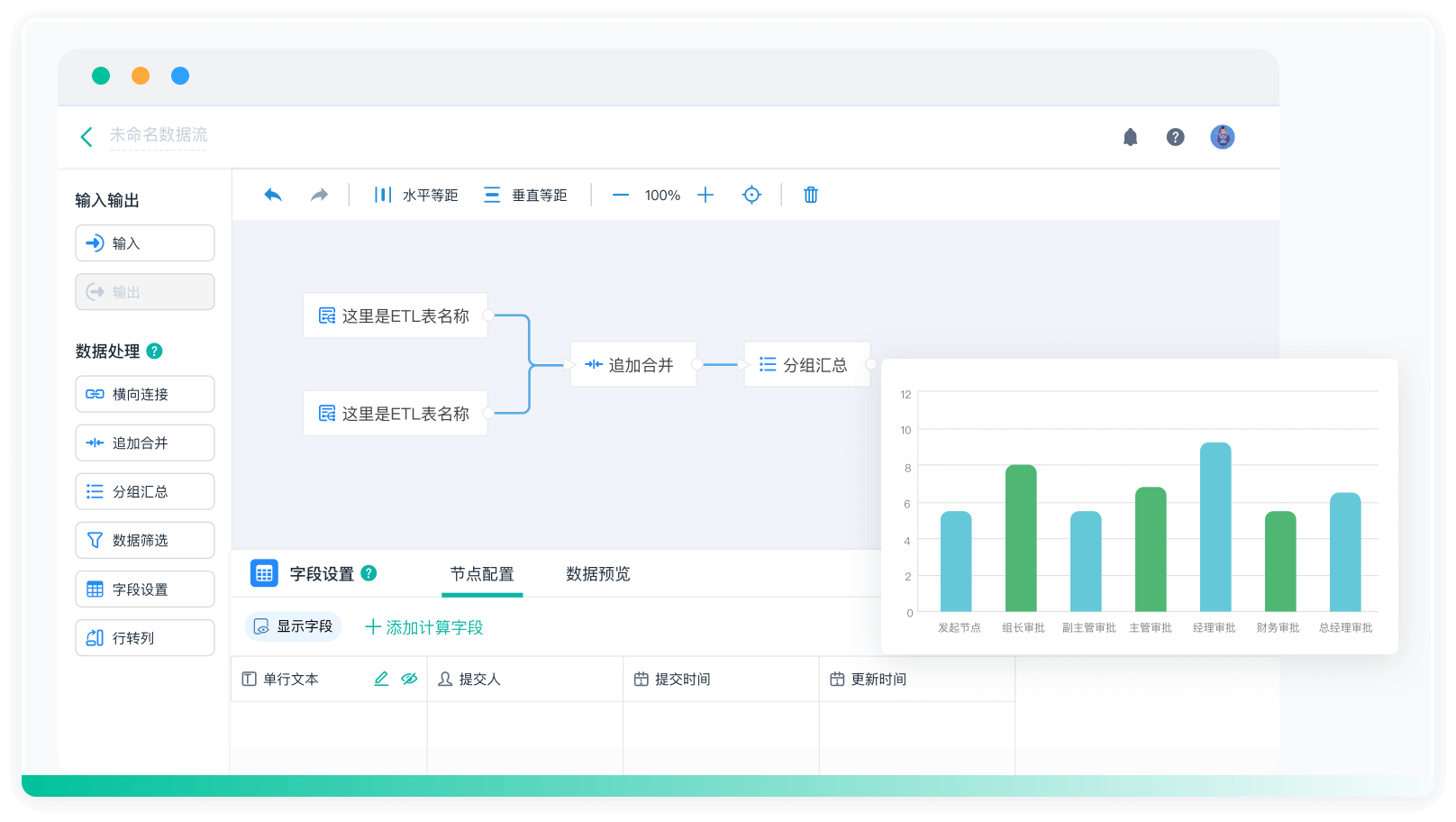
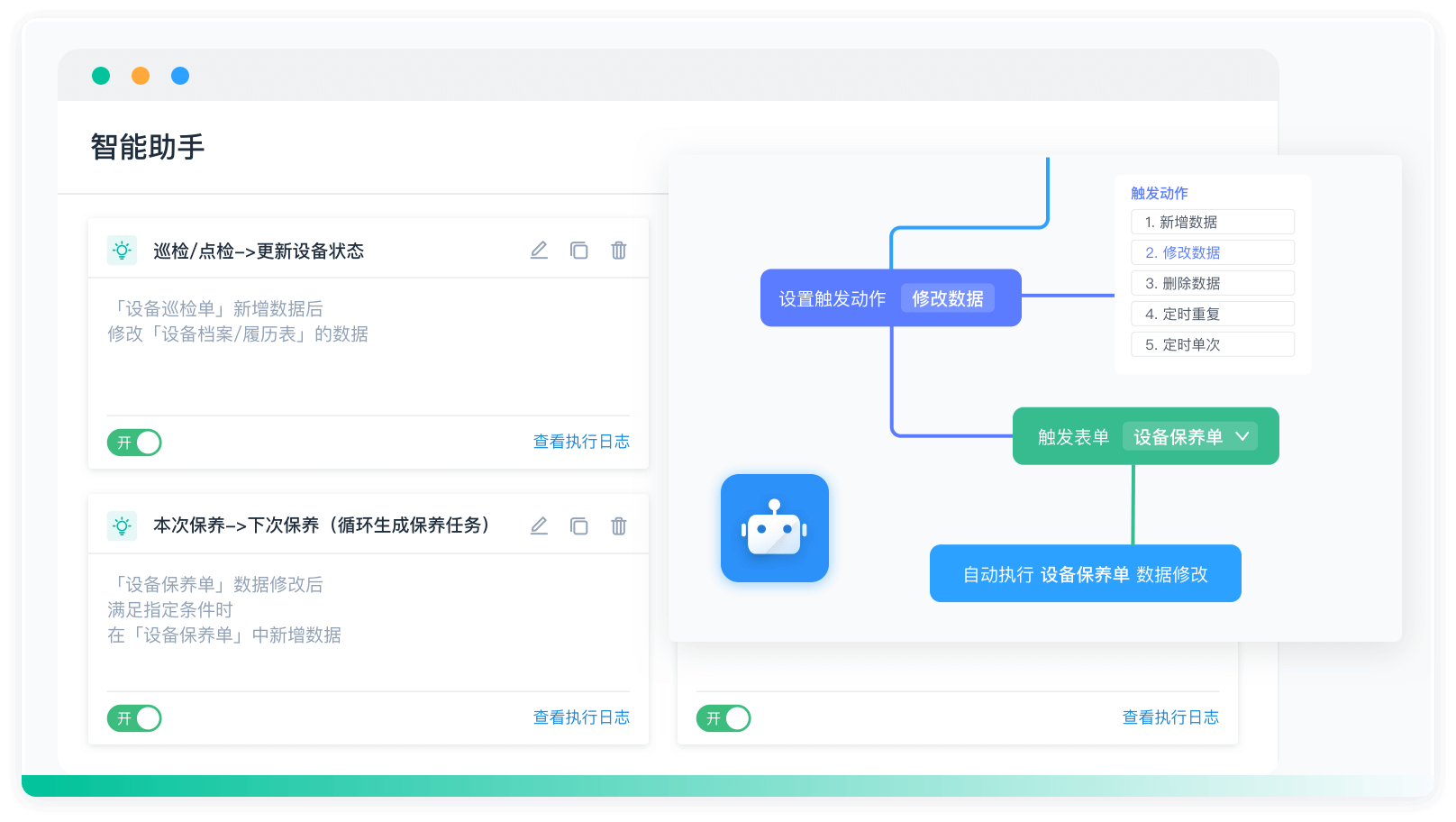
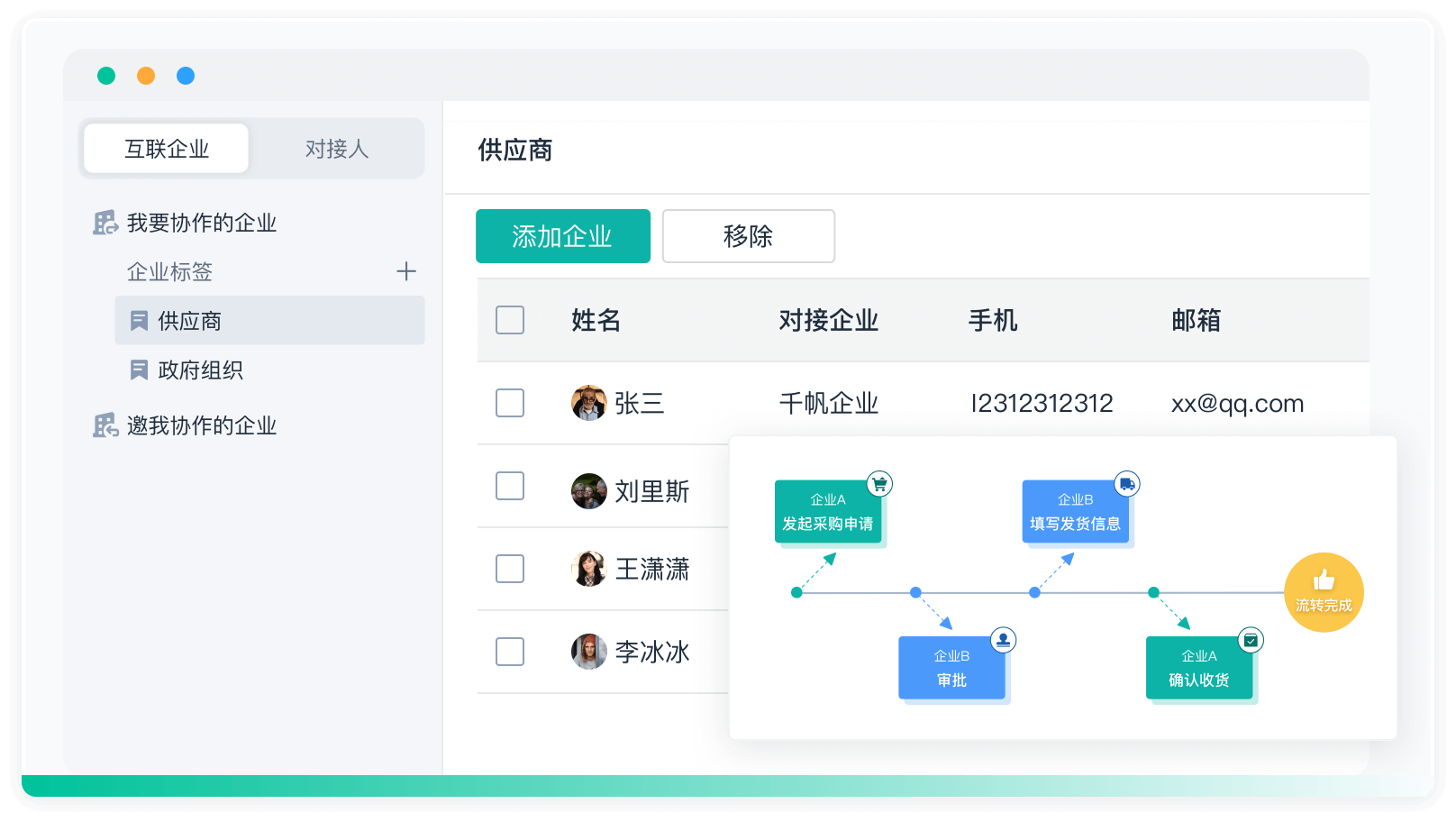
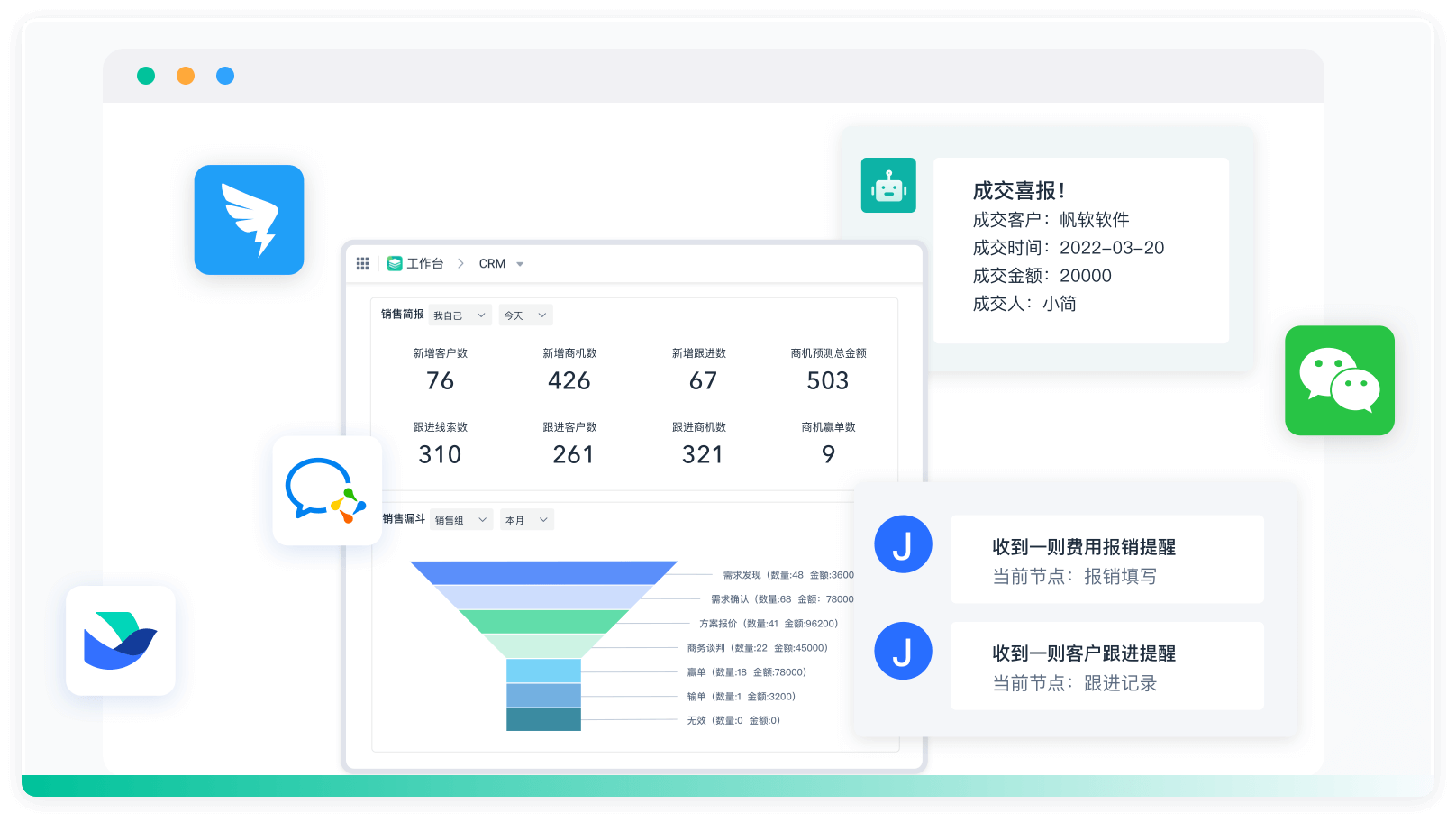
















































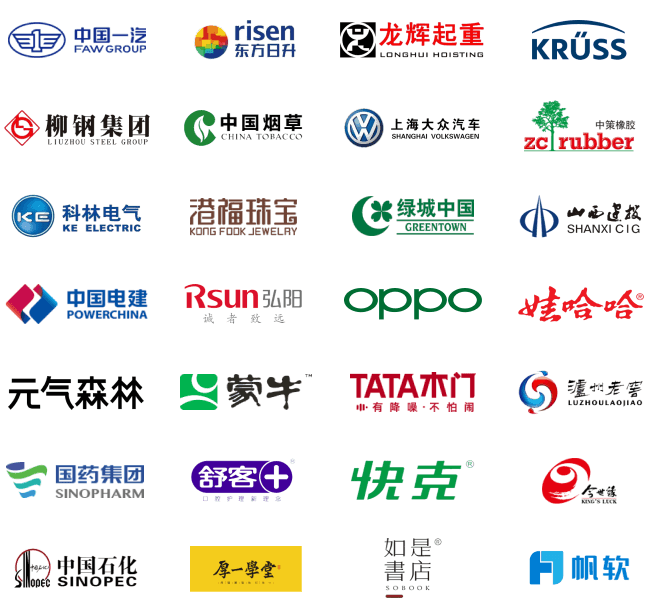
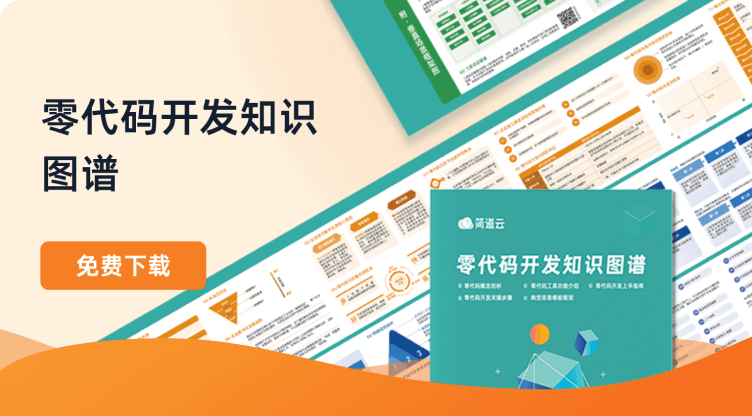 《零代码开发知识图谱》
《零代码开发知识图谱》
 《零代码
新动能》案例集
《零代码
新动能》案例集
 《企业零代码系统搭建指南》
《企业零代码系统搭建指南》










领先企业,真实声音
简道云让业务用户感受数字化的效果,加速数字化落地;零代码快速开发迭代提供了很低的试错成本,孵化了一批新工具新方法。
郑炯蒙牛乳业信息技术高级总监
简道云把各模块数据整合到一起,工作效率得到质的提升。现在赛艇协会遇到新的业务需求时,会直接用简道云开发demo,基本一天完成。
谭威正中国赛艇协会数据总监
业务与技术交织,让思维落地实现。四年简道云使用经历,功能越来越多也反推业务流程转变,是促使我们成长的过程。实现了真正降本增效。
袁超OPPO(苏皖)信息化部门负责人
零代码的无门槛开发方式盘活了全公司信息化推进的热情和效率,简道云打破了原先集团的数据孤岛困局,未来将继续向数据要生产力。
伍学纲东方日升新能源股份有限公司副总裁
通过简道云零代码技术的运用实践,提高了企业转型速度、减少对高技术专业人员的依赖。在应用推广上,具备员工上手快的竞争优势。
董兴潮绿城建筑科技集团信息化专业经理
简道云是目前最贴合我们实际业务的信息化产品。通过灵活的自定义平台,实现了信息互通、闭环管理,企业管理效率真正得到了提升。
王磊克吕士科学仪器(上海)有限公司总经理
简道云让业务用户感受数字化的效果,加速数字化落地;零代码快速开发迭代提供了很低的试错成本,孵化了一批新工具新方法。
郑炯蒙牛乳业信息技术高级总监
简道云把各模块数据整合到一起,工作效率得到质的提升。现在赛艇协会遇到新的业务需求时,会直接用简道云开发demo,基本一天完成。
谭威正中国赛艇协会数据总监
业务与技术交织,让思维落地实现。四年简道云使用经历,功能越来越多也反推业务流程转变,是促使我们成长的过程。实现了真正降本增效。
袁超OPPO(苏皖)信息化部门负责人
零代码的无门槛开发方式盘活了全公司信息化推进的热情和效率,简道云打破了原先集团的数据孤岛困局,未来将继续向数据要生产力。
伍学纲东方日升新能源股份有限公司副总裁
通过简道云零代码技术的运用实践,提高了企业转型速度、减少对高技术专业人员的依赖。在应用推广上,具备员工上手快的竞争优势。
董兴潮绿城建筑科技集团信息化专业经理
简道云是目前最贴合我们实际业务的信息化产品。通过灵活的自定义平台,实现了信息互通、闭环管理,企业管理效率真正得到了提升。
王磊克吕士科学仪器(上海)有限公司总经理
简道云让业务用户感受数字化的效果,加速数字化落地;零代码快速开发迭代提供了很低的试错成本,孵化了一批新工具新方法。
郑炯蒙牛乳业信息技术高级总监
简道云把各模块数据整合到一起,工作效率得到质的提升。现在赛艇协会遇到新的业务需求时,会直接用简道云开发demo,基本一天完成。
谭威正中国赛艇协会数据总监
业务与技术交织,让思维落地实现。四年简道云使用经历,功能越来越多也反推业务流程转变,是促使我们成长的过程。实现了真正降本增效。
袁超OPPO(苏皖)信息化部门负责人
零代码的无门槛开发方式盘活了全公司信息化推进的热情和效率,简道云打破了原先集团的数据孤岛困局,未来将继续向数据要生产力。
伍学纲东方日升新能源股份有限公司副总裁
通过简道云零代码技术的运用实践,提高了企业转型速度、减少对高技术专业人员的依赖。在应用推广上,具备员工上手快的竞争优势。
董兴潮绿城建筑科技集团信息化专业经理
简道云是目前最贴合我们实际业务的信息化产品。通过灵活的自定义平台,实现了信息互通、闭环管理,企业管理效率真正得到了提升。
王磊克吕士科学仪器(上海)有限公司总经理